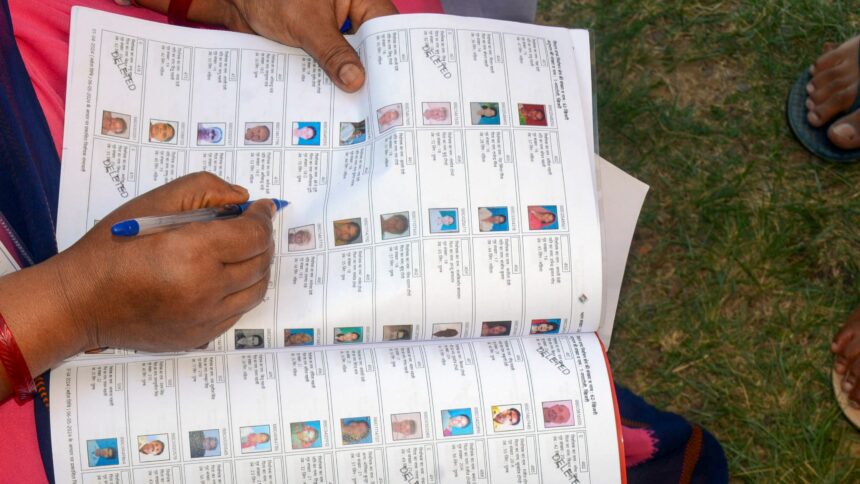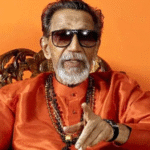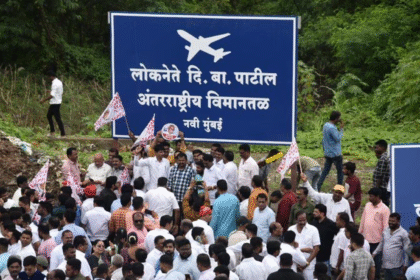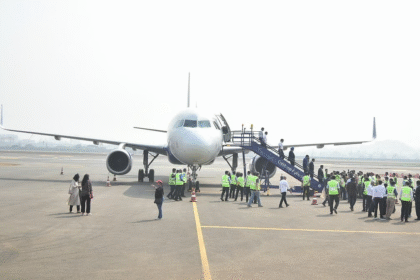Bihar Electoral Roll Revision: Special Drive Raises Alarms Over Voter Disenfranchisement
The Special Intensive Revision (SIR) of electoral rolls announced by the Election Commission of India (ECI) on June 24, 2025 is already underway in the state of Bihar, where assembly election is scheduled later this year. The order issued by the ECI states that the exercise is to be undertaken across the country to “protect the integrity of the electoral rolls”.
ECI’s order further informs that intensive revisions of electoral rolls have been undertaken in various states thirteen times in the past between 1952 and 2004, the last SIR in Bihar being conducted in 2003. However, in 2025, the SIR is directed at verifying the citizenship status of each and every voter through house-to-house enumeration by Booth Level Officers (BLOs). Voters are required to submit documents proving Indian citizenship. This is quite unprecedented, outside the states of Assam and Jammu and Kashmir.
SIR 2025: The Process
Sections 21(1) & (2) of the Representation of the People Act, 1950 (RPA, 1950) mandate the revision of electoral rolls for every constituency before each general elections for parliament and state assemblies, as well as bye-elections. The Act also empowers the ECI to direct a revision of electoral rolls in any year, “by reference to the qualifying date”. As far as special revisions are concerned, Section 21(3) of the law permits the ECI to “direct a special revision of the electoral roll for any constituency or part of a constituency in such manner as it may think fit” at any time, “for reasons to be recorded”.
The RPA, 1950 does not refer to any “intensive” revision of electoral rolls. The Registration of Electors Rules, 1960 framed under section 28 of the RPA, 1950 lays down the process of electoral roll revisions. Section 25 of the 1960 rules was amended in 1987 to introduce two distinct categories of electoral roll revisions, summary and intensive.
ECI’s press note dated June 24 states:
“Rapid urbanisation, frequent migration, young citizens becoming eligible to vote, non-reporting of deaths and inclusion of the names of foreign illegal immigrants have necessitated the conduct of an intensive revision so as to ensure integrity and preparation of error-free electoral rolls.”
Migration, addition of newly eligible voters and deletion of deceased voters are normal phenomena based on which summary revisions of electoral rolls have been duly undertaken by the ECI in the past 20 years and more. A special revision is not necessitated by such factors.
Inclusion of “foreign illegal immigrants” does stand out as the new reason. However, no evidence of large-scale inclusion of “foreign illegal immigrants” in the electoral rolls have been provided from any quarter, to justify a special revision in Bihar or the entire country.
The SIR exercise already underway in Bihar since June 25 involves 98,498 BLOs reaching out to all the existing 7.89 crore enrolled voters of the state, through house-to-house enumeration within a span of 30 days. BLOs are required to hand over printed copies of enumeration forms to every voter, which have to be duly filled and submitted before July 25, 2025. The filled up forms have to be uploaded to the newly developed ECINet unified portal, either directly or through a BLO.
Any voter who fails to upload the filled up enumeration form along with self-attested documents by the July deadline, would be excluded from the draft electoral roll to be published on August 1, 2025. Those excluded are required to fill the enumeration form for new electors and submit it within a period stipulated for “claims and objections”, ending on September 1, 2025.
Legality
The self-attested documents required to be submitted along with the enumeration forms are the most contentious. Each voter has to submit documentary proof of his/her date and place of birth. For those born between July 1, 1987 and December 2, 2004, additional documentary proof of date and place of birth of either father or mother is required. For those voters born after December 2, 2004, both parents’ date and place of birth are required to be submitted.
It is clear that the ECI has decided to verify the citizenship of each and every enrolled voter of Bihar through the SIR process, as per the Citizenship Amendment Act, 2003. This is confirmed by the explicit instruction for the electoral registration officers (EROs) “to refer cases of suspected foreign nationals to the competent authority under the Citizenship Act, 1955”, contained in the detailed guidelines for SIR appended to the ECI’s June 24 order.
The controversial citizenship amendment legislation passed in 2003, whose constitutionality remains under challenge before the Supreme Court, had labelled all undocumented migrants including cross-border refugees in India as “illegal migrants”; denied birthright citizenship for their children; and proposed to introduce a National Register of Indian Citizens (NRC).
It is noteworthy, that the Citizenship (Registration of Citizens and Issue of National Identity Cards) Rules, 2003, which elaborates the process of excluding the names of doubtful citizens from the population register and initialising the National Register of Indian Citizens (NRC), was notified on December 10, 2023 under the pre-existing Citizenship Act, 1955.
The Citizenship Amendment Act, 2003 was passed by parliament only on December 22, 2003 and received presidential assent on January 7, 2004. Its provisions came into force through a gazette notification dated December 3, 2004. Yet, the Citizenship Rules, 2003 were never revised or reissued after the operationalisation of the law, which makes their legal status doubtful.
Neither did the Registrar General of India ever issue any order to initiate the NRC nor was any house-to-house enumeration process carried out throughout the country, as stipulated in the citizenship rules. Following the Assam NRC, attempts to initiate a nationwide NRC process were made in 2019 by the Union home ministry, but they were non-starters after nationwide protests.
In this backdrop, it is questionable whether the Election Commission of India has any legal mandate to direct a citizenship test for all the electors of Bihar or any other state, based on a process quite similar to the one prescribed in the citizenship rules of 2003. The way this citizenship verification process was suddenly initiated in the name of a special intensive revision of electoral rolls, months ahead of a general election in Bihar, does not befit a universally respected constitutional authority like the ECI.
Logistical nightmare
Besides issues of legality, it is doubtful whether the ECI commands the logistical wherewithal to conduct this mammoth citizenship test for 7.89 crore voters of Bihar within a period of 68 days, with the final electoral roll scheduled for publication on September 30, 2025. The application process of Assam NRC took 90 days for 3.3 crore applications to be filed online. It took another four years for the State Coordinator of NRC to process the documents and publish the final updated NRC in August 2019 with 3.11 crore names, only to be rejected as “flawed” by the government of Assam. Over Rs 1600 crore of public expenditure went down the drain.
The outcome of ECI’s SIR in a state like Bihar is unlikely to be any different. ECI had conducted the KAP-Endline Survey, 2024 (“Knowledge, Attitude and Practices”) in Bihar after the last Loksabha polls with a sample size of 41,913 citizens spread across 243 assembly constituencies. The survey revealed that only 27% of respondents had studied upto higher secondary and above, 33% were illiterate, 41% did not use the internet at all, 29% did not watch TV, 53% did not read newspapers and less than 10% had any regular job in government or private service.
The bulk of Bihar’s electorate, comprising poor cultivators and rural labourers from the backward classes and scheduled castes, would find it difficult to comply with the stringent citizenship criteria underlying the enumeration process. Most of them would have to rely entirely on the BLOs, and suffer for the errors made by the latter. Errors are likely, because each BLO will have to verify and upload enumeration forms for around 800 voters per polling station within 30 days. In case large numbers of voters get excluded from the draft roll to be published on August 1, the electoral registration officers (EROs) and those higher up shall get overwhelmed with large numbers of claims and objections, possibly in lakhs.
What shall further complicate the SIR exercise in Bihar is its inter-state out-migration rate, which is the highest among all Indian states. The Bihar caste survey conducted in 2022 revealed that 53.7 lakh of the 13.07 crore total population, i.e 4% of the population resided outside Bihar. A large section of such outmigrants; who would either not have access to the requisite documents and/or the wherewithal to upload them online within the deadline; would get excluded from the rolls.
In sum, the sheer size and complexity of the SIR process alongside its limited timeframe makes it an exclusionary exercise, which can only lead to large-scale disenfranchisement of existing voters. Voter turnout in Bihar is among the lowest in India; only 56% of the Bihar electorate voted in the 2024 Lok Sabha election against the all-India voter turnout of 66%. For the ECI to conduct an exclusionary exercise like SIR ahead of the assembly poll is not in the direction of strengthening democracy.








